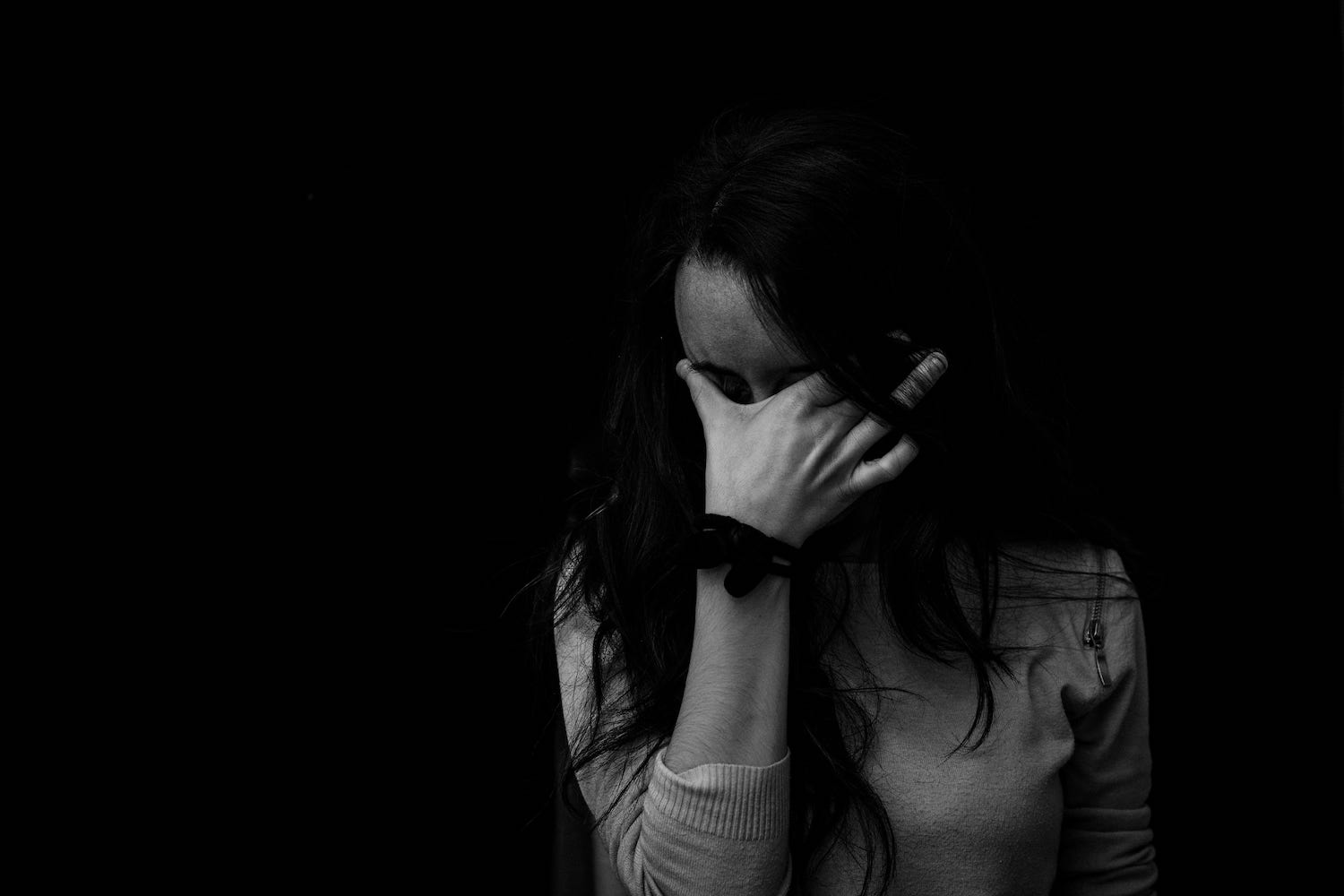
Every woman is different, and those struggling with addiction will each have a unique physiological response. Addiction is listed in the Diagnostic and Statistical Manual of Mental Disorders, Fifth Edition (DSM-5) as a brain disorder. It is characterized by an individual that compulsively engages in rewarding stimuli without regard for the negative consequences. Addiction affects all areas of one’s life, as an individual will prioritize her need to satisfy her addiction above all else in her life. This can affect one’s employment status, lead to strained relationships with family members and/ or friends, result in legal complications, financial difficulty, and lead to damaging affects on one’s overall health. There are a plethora of different substances that individuals may abuse when struggling with addiction. The reason or reasons behind why an individual develops an addiction will vary, as will the potential side effects and/ or tangential issues that may arise from her addiction.
Contributing Factors
The exact way an individual responds to addiction will vary, as it will depend on several contributing factors. The type of substance or substances abused, the length of time of she abused drugs and/ or alcohol, the personal health history of the individual, the presence of any co morbid disorders, as well as the potency and frequency of use will all factor into the severity of one’s experience with addiction. Regardless, any individual that habitually abuses a foreign substance will develop certain physiological modifications to accommodate her addiction. Depending on the type of substance abused, some of these accommodations can have great affects on one’s mental health status. For example, some substances function by attaching to certain neurotransmitters in one’s brain, affecting how one’s brain works. With continued abuse, the synaptic connections and neural pathways in one’s brain can actually shift, and lead to long-term consequences. It is not uncommon for dormant mental health issues to surface and fully manifest with frequent and consistent substance abuse.
Anxiety And Addiction
Sporadic and fleeting spells of anxiety in response to stress are normal to experience throughout one’s life. In fact, anxiety is an unavoidable emotion that every human experiences at some point in her life. However, as explained by the National Institute of Mental Health, women that experience intense, excessive, persistent and debilitating anxiety may be suffering from an anxiety disorder. Anxiety disorders are one of the most common pervasive mental disorders in America. According to the Anxiety and Depression Association of America, women are twice as likely to develop an anxiety disorder than her male counterpart.
Research has indicated that there is a direct correlation between addiction and anxiety in women. For example, women that suffer from social anxiety disorders may rely on alcohol and/ or drugs as a means to self medicate, enabling her to feel more comfortable and less inhibited in social settings. This can become a slippery slope, as a woman that attempts to self medicate and alleviate her anxiety, through the abuse of drugs will likely lose track of how much of the substance she has taken and/ or take dangerously excessive amounts to avoid experiencing anxiety.
On the other hand, some women may develop anxiety from abusing drugs and/ or alcohol. The various rituals, habits and patterns that surround one’s active substance abuse can be invasive and anxiety provoking. A female that struggles with addiction may develop anxiety related to how she will sufficiently accommodate her substance abusing behaviors. Additionally, there are certain substances that when taken can elicit elevated anxiety levels, which would only add to one’s already present angst. According to extensive research, the reality is that there is a high probability that an individual struggling with addiction is also suffering from a co occurring anxiety disorder, especially in the female population. There are, however, a myriad of dual diagnosis treatment options for women struggling with addiction and anxiety disorders.
For Information and Support
Substance abuse and addiction can be incredibly dangerous, and can result in severe short and long-term consequences. If you or someone you know is suffering from substance abuse or addiction, please get help as soon as possible. The earlier you seek support, the sooner you and your loved ones can return to leading happy, healthy and fulfilling lives. There is no reason to go through this alone, and we are here to help. Please feel free to reach out to us for further information or with any questions regarding substance abuse or addiction. We are available anytime via telephone at: 213-389-9964, or you can always email us at: info@friendlyhousela.org



